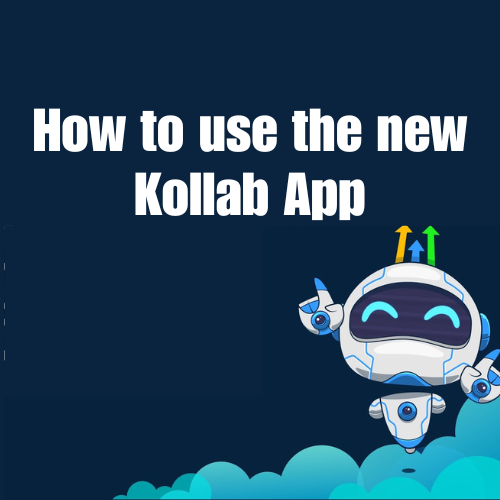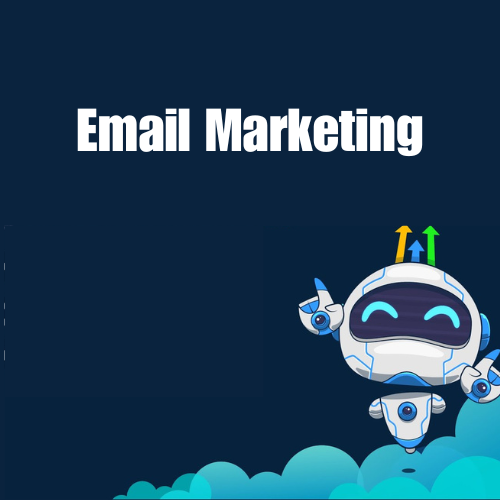## Demystifying AI in the Water Industry
### Introduction
In an era where technology is reshaping nearly every industry, the water sector is no exception. Artificial intelligence (AI) and machine learning (ML) are becoming pivotal in enhancing the efficiency, accuracy, and sustainability of water management systems. However, understanding these technologies can seem daunting to small and medium-sized business owners, service providers, CRM users, coaches, and consultants. This blog post aims to demystify AI in the water industry by exploring its applications, benefits, and ethical considerations.
### The Intersection of AI and the Water Industry
At a recent pre-conference workshop in Ocean City, Maryland, water industry professionals gathered to delve into the practical applications of AI and ML. Led by experts such as Travis Wagner from Trinnex, Craig Daly from the City of Baltimore, and Davar Ardalan from TulipAI, the sessions highlighted how AI technologies, though rooted in history dating back to 1948, are poised to revolutionize the industry.
The discussions focused on the importance of data governance and the pivotal role of structured and reliable data. For example, Travis Wagner, Vice-President at Trinnex, discussed the economics of AI in treatment processes, illustrating how AI can enhance accuracy, save time, and optimize water systems.
### Practical Applications and Ethical Considerations
The workshop provided actionable steps and practical examples of AI applications. Breakout sessions showcased real-world implementations of generative AI tools, such as the beta version of John Smith GPT. Developed to support environmental engineers, this AI assistant helps with proposal writing, cost estimating, and marketing strategies.
John Smith and Davar Ardalan emphasized the significance of ethical considerations when deploying AI in the water industry. They underscored two critical points: never share proprietary information with open AI tools and always maintain transparency by acknowledging the use of AI, akin to citing sources in academic work. This practice is crucial for preserving trust and integrity in professional settings.
### Enhancing the Water Industry with AI
AI tools like John Smith GPT leverage vast amounts of knowledge from experienced civil engineers, providing valuable insights into materials and methods that support sustainability objectives. These tools offer a notable advantage by enhancing the detail in grant proposals and supplying data on eco-friendly practices.
However, integrating AI into the water industry requires careful implementation. It’s essential to pilot these tools with teams to gather collaborative input and refine the technology to meet specific needs. Craig Daly and others advised that, like any powerful tool, AI must be used responsibly and thoughtfully.
### Conclusion
The convergence of AI and the water industry promises significant advancements, driving efficiency and sustainability. Workshops such as the one at TriCon are vital for equipping professionals with the knowledge and tools to harness AI effectively and ethically. As AI continues to evolve, staying informed and prepared is crucial for leveraging its full potential.
### Call to Action
Start your 14-day trial with us and gain access to our learning community. We specialize in building custom AI and automation systems for businesses. Get in touch today and receive your personalized AI and automation solutions.



